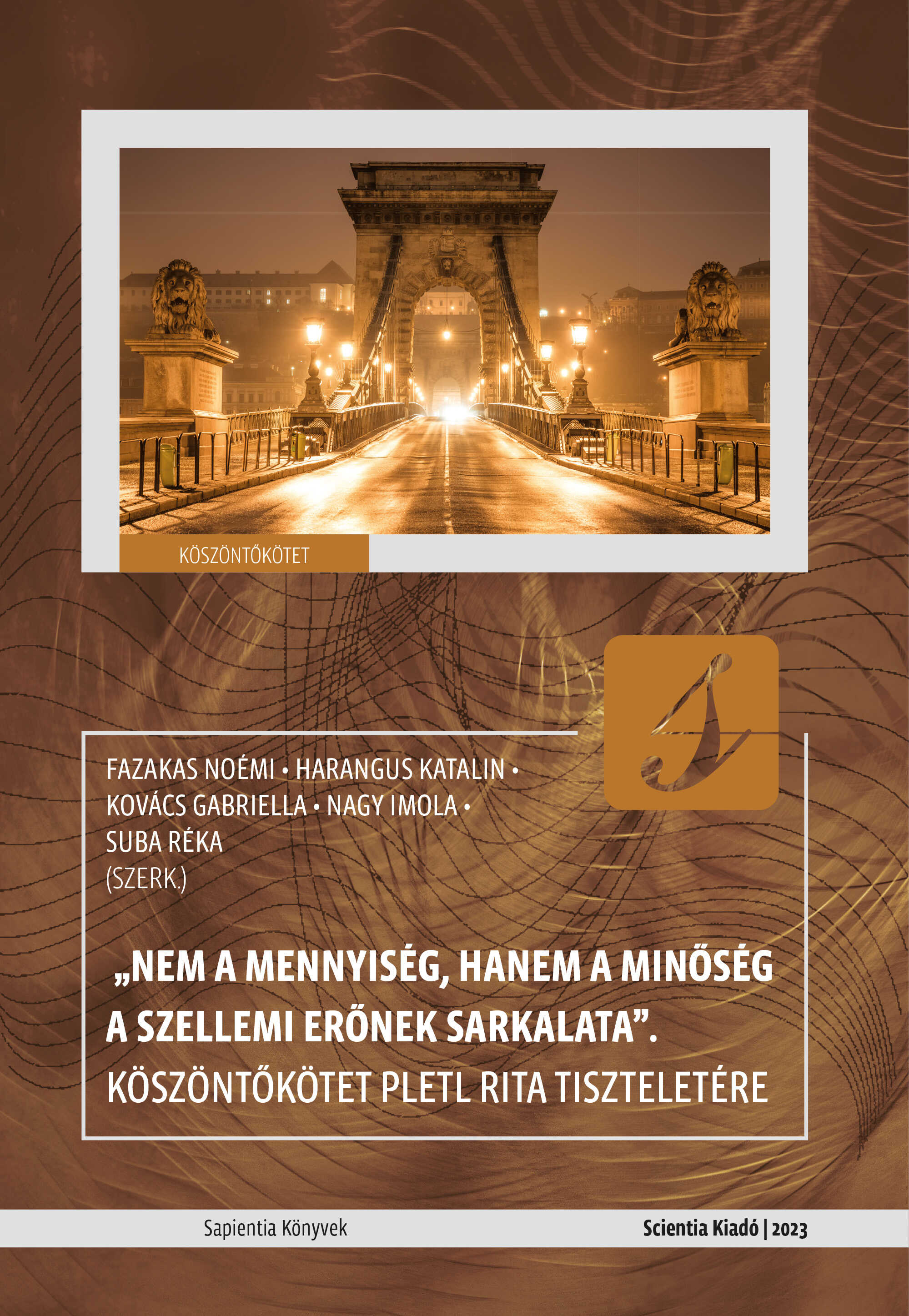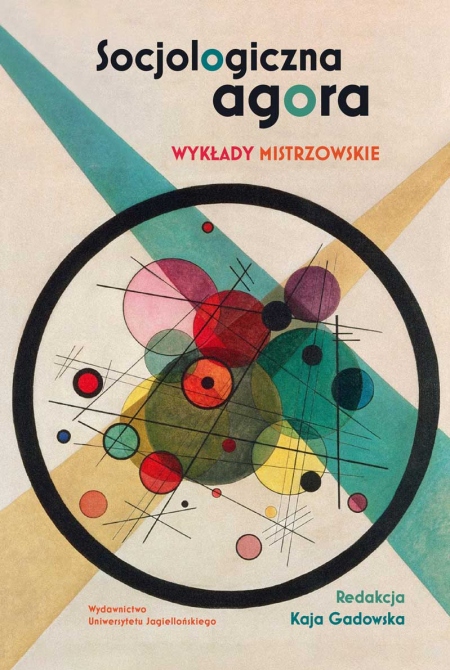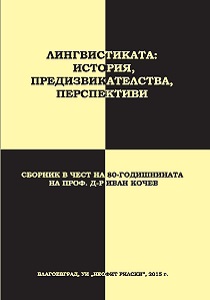
We kindly inform you that, as long as the subject affiliation of our 300.000+ articles is in progress, you might get unsufficient or no results on your third level or second level search. In this case, please broaden your search criteria.

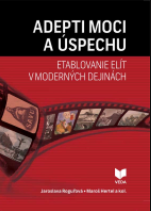

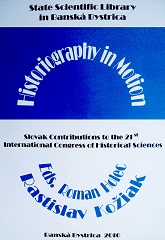
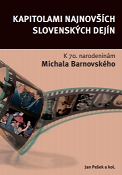

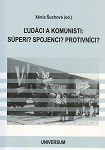
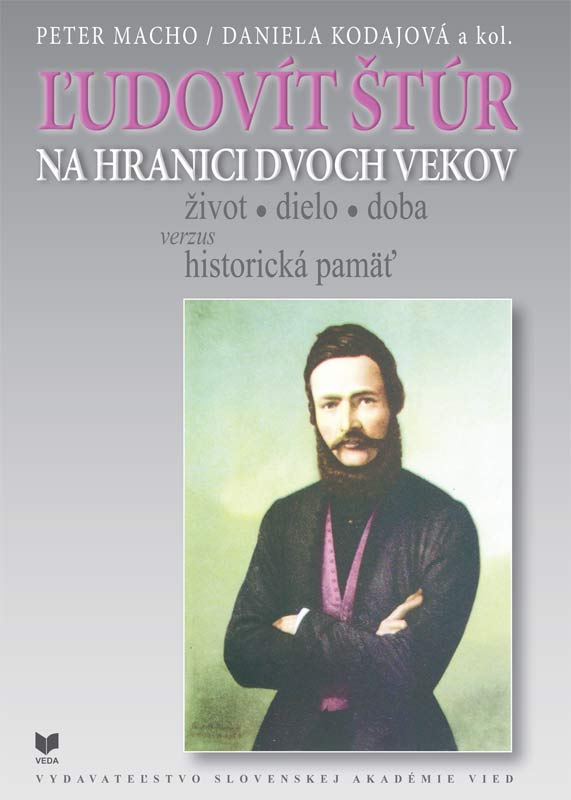

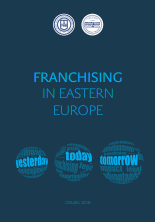
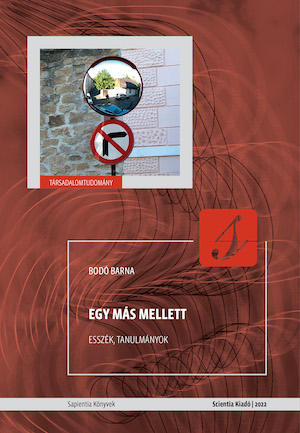
The text is a revised version of the lecture presented at the conference entitled How local Hungarian communities outside the country's borders experienced the change of regime and how the change of regime in Hungary affected their lives. In such analysis, it must be taken into account the fact the fact the Hungarian minority in Romania has different socio-cultural conditions depending on the demographic weight. In areas where the Hungarians are a local majority, local administrative institutions contribute directly to their cultural life. In places, such as Timișoara, where there is an advanced minority, a so called ethnospora – to use a specific term from Hungarian scholarly literature – democracy brings new challenges, the preservation of Hungarian culture and identity, but also of other ethnic minorities is endangered by the continuous decrease of the local Hungarian/minority population and by the local socio-cultural changes. A conscious activity is needed to build the local Hungarian community, that requires help from both the Hungarian nation and those local communities, where the Hungarians live in majority, in Transylvania.
More...
All the peoples of Central and Eastern Europe have their cross-border communities. The Vlachs constitute a specific ethnic group: they can be considered the most abandoned Romanian community across the country's border, which is in great need of help. In Serbia, where most of them live, during the approximately 200 years of Serbian-Yugoslav-Serbian statehood, they were exposed to a strong policy of assimilation. Their situation did not improve either in the last decade of the 20th century, they have no institutions (school, church). Only 4 of the 23 members of the existing Vlach National Council represent the pro-Romanian option, the rest are pro-Serbian. The Vlachs have had no real representation of their community interests for the last hundred years. There is one party, the Democratic Party of Rumanians in Serbia (in Serbian Vlašca Demokratska Stranka), of which leaders of Vlach NGOs claim does not represent them. Traian Băsescu, the president of Romania, promised during his visit to Timoc Vally, in 2011 that they would financially support the establishment of kindergartens and weekend schools in Romanian. A year passed and they still haven't received any help.
More...
Calendars of events are extremely useful in the field of tourism; such volumes are published more and more often. Related to them, some questions can be formulated: How important is the calendar for a community? How representative and how comprehensive can they be? Does it contain accurate and up-to-date data? How useful is it? The calendar of Hungarian events in Transylvania is an important publication for many. The analysis shows that DAHR (UDMR) as well as its county, local, women's and youth organizations organize many events. Most, almost two-thirds of the events, are organized by local NGOs. The analysis shows that in communities where the local weight of Hungarians is small, in so-called ethnospora situations, most events are organized by the NGOs. From a territorial point of view, there are significant differences, some counties have many events, others only a few. The approx. 50% of the events are cultural or predominantly cultural. Scientific conferences organized by universities hardly fit into the calendar. Finally, we know the number of events presented by the calendar, this in itself is neither many nor few. The fact is that a lot of organizations do not send their event dates to the call, probably about half of the realistic number of events that are included in the calendar.
More...